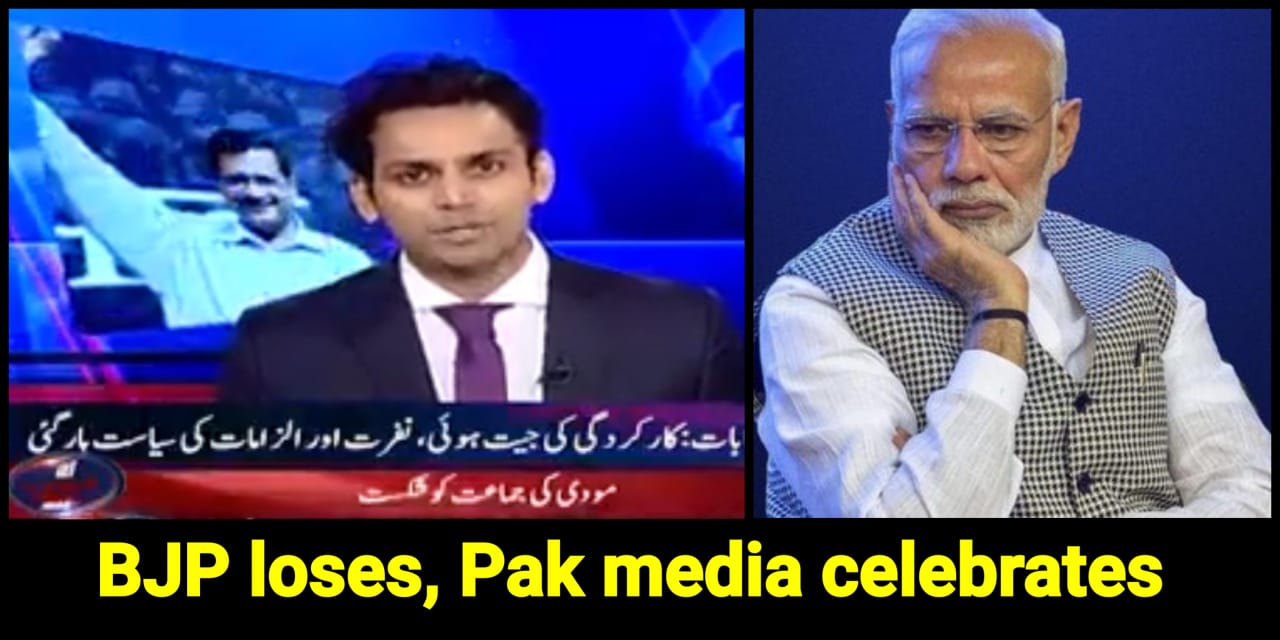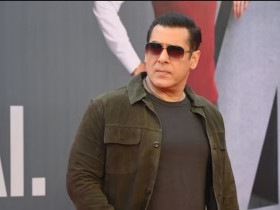No products in the cart.
India will remember PM Modi for next 100 years for these 12 decisions in last 6yrs
Prime Minister Narendra Modi is celebrating his 70th birthday on Thursday. Birthday wishes for the PM Narendra Modi are pouring in from all over the world, including from Russian President Vladimir Putin to Australian Prime Minister Scott Morrison.
Mr. Modi is the longest-serving Indian PM of the BJP party. PM Modi is also the fourth longest-serving prime minister in the history of India. Modi, with his leadership skills, has taken the BJP to new heights. He has dedicated his entire life to serving the nation and the poor. The BJP-led NDA swept to victory in the 2019 general election, winning over 350 seats.
Historic decisions have been taken by the Narendra Modi government ever since he became Prime Minister of India, including the abrogation of Article 370, Abolition of Triple Talaq, the Citizenship (Amendment) Act, the Supreme Court verdict in the Ayodhya case and many more.
Now, in this article, let us have a glimpse at some of the historic decisions taken by the Modi government –
1. Article 370:
On 5 August 2019, India took a historic decision by scrapping article 370. The Modi government said that the decision was something that no other government had the courage to do so far. The government said Article 370 abrogation was necessary for full integration of Kashmir into India. It also bifurcated the state into two Union Territories of Jammu and Kashmir division and Ladakh division.
2. Ayodhya dispute (Ram Mandir):
Apart from the Bharatiya Janata Party, no other political party was willing to take the credit for building the Ram temple keeping in view their vote Bank. The Supreme Court pronounced its historic verdict on the Babri Masjid-Ram on 9 November 2019. It was then decided in its verdict that a Ram Temple would be built at the 2.77-acre disputed site in Ayodhya.
3. Citizenship Amendment Act (CAA):
Then came the Citizenship (Amendment) Act. It was also one of the key promises made by the party in its manifesto. The bill was unanimously passed by the Parliament. The man behind all such decisions was Amit Shah, the most trusted man of Modi.
Soon after the implementation of CAA, the protest began to spread from West Bengal and reached the national capital. But, the government did not go back an inch on the CAA.
4. Abolition of Triple Talaq:
In a big victory for the Narendra Modi-led BJP government, the Triple Talaq was finally abolished. Muslim women thanked the Modi government for banning Triple Talaq.
5. UAPA:
The Unlawful Activities Prevention Act was amended by the government to give more teeth to agencies. The government said amendment in the law was necessary to fight terror activities. The amendment conferred power to the government to designate an individual as a terrorist and seize their property.
6. Procurement of 36 Rafale Fighter Jet from France:
Prime Minister Narendra Modi’s decision to buy 36 Rafale fighter jets from France was a historic decision that will further strengthen the Indian Air Force’s combat capabilities.
7. Appointment of Chief of Defence Staff (CDS):
During Independence Day speech, Prime Minister Narendra Modi announced the chief of defence staff post. Indian Army chief General Bipin Rawat was announced as country’s first Chief of Defence Staff.
The Chief of Defence Staff will function as a single-point advisor to the government on information related to the military while focusing on better cooperation between the Indian Army, Indian Air Force and the Indian Navy.
8. National War Memorial:
PM Modi dedicated a new “National War Memorial”, located in the India Gate complex in the national capital, to the country. Interestingly, the design of the National War Memorial has a unique layout consisting of four concentric circles, namely, the ‘Amar Chakra’ or Circle of Immortality, the ‘Veerta Chakra’ or Circle of Bravery, the ‘Tyag Chakra’ or Circle of Sacrifice, and the ‘Rakshak Chakra’ or Circle of Protection.
The names of 25,942 fallen brave heroes with rank and regiment are also inscribed in the 16 walls of the memorial.
9. One Rank One Pension:
The Modi government implemented the long-pending One Rank One Pension (OROP) scheme and increased other allowances for soldiers. OROP had been a ‘long-standing demand’ of the armed forces in the nation.
10. National Education Policy:
The new “Education Policy” is one of the greatest decisions taken by the Modi government after over 3 decades. The most debated and demanding change has finally occurred.
This was literally the wish of every single child or student who has long been fed up with the ongoing retarded education system.
The 10+2 system will be divided into 5+3+3+4 format. This means that the first five years of the school will constitute the ‘foundation stage’ including three years of pre-primary school, Class 1 and 2. PM Narendra Modi says New Education Policy will shape the future of this century.
11. India-Bangladesh border dispute:
India Bangladesh border dispute was finally resolved which had been hanging for 40 years. The two countries mutually and peacefully settled land border disputes on 31 July 2015. India has settled all its border disputes with Bangladesh peacefully and improved ties with its closest neighbour.
12. National Register of Citizens (NRC):
National Register of Citizens (NRC) was implemented in Assam. The NRC in Assam is basically a list of Indian citizens living in the state. It aims to identify Indian citizens and to detect illegal migrants.








